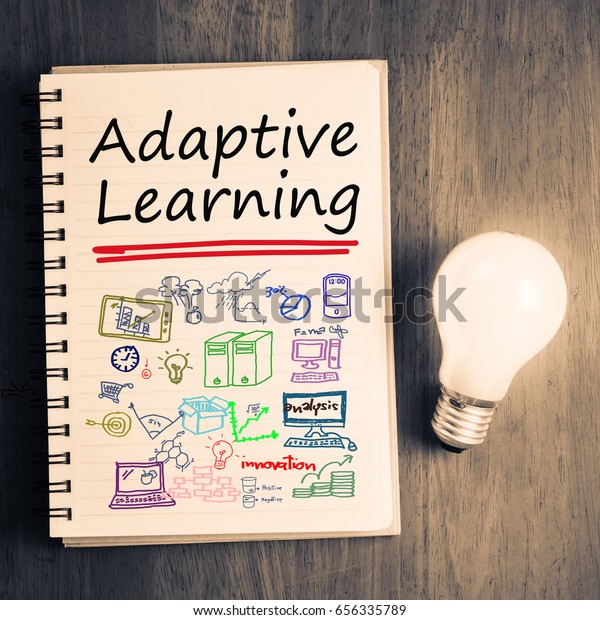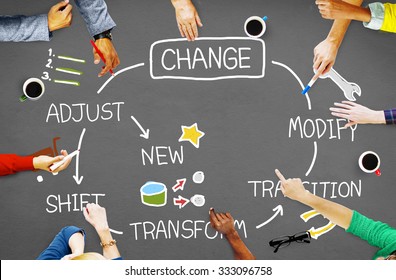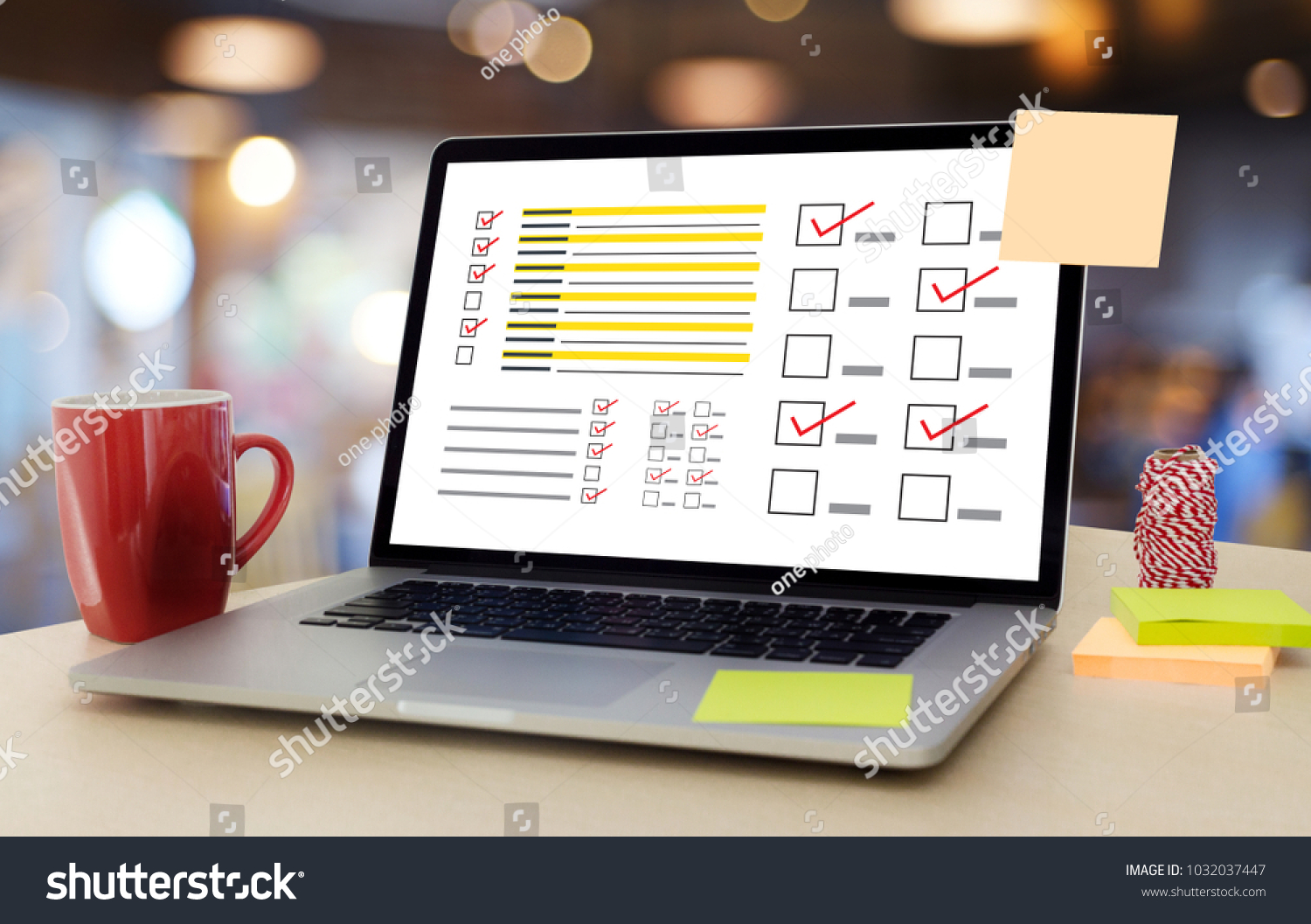
The education system is still learning how to apply technology into classrooms and online learning. Figuring out and experiencing what works for each student is needed to figure out the best outcome when it comes to learning. There are many learning practices that are being discovered right now. The hard part is choosing one that would help each student with their different learning needs. One learning practices is called, “Adaptive learning technologies”, and is very important when it come to education, but how can adapting learning be organized, trained or be understood when it comes to the use of adaptive learning.

What are Adaptive learning technologies? According er.educause.edu, the article entitled “Adaptive learning Partnership “states, “personalizes instruction, using digital courseware to customize content, assessment procedures, and student preferences for acquiring information” As claimed by, 2020 EDUCAUSE Horizon Report Teaching and learning Edition, “The first consists of digital platforms and applications that one can buy or build”. Personalized learning is a general teaching and learning practice that seeks to more finely tune the course experience to the individual needs of the learners. In my opinion, I see it is a pretty neat idea. Having a personalized learning plan that uses technology to help with the students’ learning style and being able interact with the system to adjust different learning needs for students to reach their goal. From my standpoint it helps students to be efficient and effective, and it customize a learning walkway to engage students to their learning. As stated by 2020 EDUCAUSE Horizon Report Teaching and Learning Edition, “In many cases, students’ course success has improved, and student satisfaction with their experiences is generally high”. I really believe in this adaptive learning practice. If students work from their experiences and make connections to the new knowledge and continue working on their own pace, I believe student will reach their goal. But how do we help, as teachers, to be organized or trained when it comes to adaptive learning.

As claim by, (Johnson, Zone, 2016), “Well-planned training is critical to a positive faculty culture regarding adaptive learning. We have learned that training offerings have to be meaningful and work for both new and mature users. The cornerstone to this approach is having a variety of offerings to meet the needs of various users”. I strongly believe teachers need to be organized and familiar with adaptive learning so they can provide the proper course work to each student. Some of the benefits for the teacher are “shift roles move a teacher to an tutor, provides individualized support to students, utilize data from the platform to plan future lesson and differentiate instruction base on student needs” (Wielechowski & Cobo). I believe in this approach that teachers can enhance their roles by having positive communication with students. It is important so that students won’t be shy to share their questions or responses when working with technology.
Yet, their always some type of barriers with anything that is new. When it come to this adaptive learning practices the barriers it has, according to the ( 2020, EDUCAUSE) There are “the “costs” of faculty involvement, instructional designer staff, the preparation of content, technology, and the program of evaluation to measure the impact to inform the next rounds of redesign. In addition, concerns arise about privacy and the ethical use of student data, as well as about ensuring that the technology is designed to be equitable, inclusive, and free from implicit bias”.
Beside the cost I still believe this learning design is good for our future students. Helping student be successful in the world of technology won’t hurt anyone. This learning practice is beneficial for students in this digital world that we are living in.
Work Cited
Connie Johnson and Emma Zone Sep 23,2016 Want Adaptive Learning To Work? Encourage Adaptive Teaching. Here’s How https://www.edsurge.com/news/2016-09-23-want-adaptive-learning-to-work-encourage-adaptive-teaching-here-s-how
Dziuban, C., Howlin, C., Johnson, C., & Moska, P. (n.d.). An Adaptive Learning Partnership. Retrieved from https://er.educause.edu/articles/2017/12/an-adaptive-learning-partnership
https://er.educause.edu/articles/2017/12/an-adaptive-learning-partnership
Hartman, A. (2016, September 30). Adapting to learn, learning to adapt. Retrieved February 20, 2021, from https://library.educause.edu/resources/2016/9/adapting-to-learn-learning-to-adapt
Malcolm Brown, Mark McCormack, Jamie Reeves, D. Christopher Brooks, and Susan Grajek, with Bryan Alexander, Maha Bali, Stephanie Bulger, Shawna Dark, Nicole Engelbert, Kevin Gannon, Adrienne Gauthier, David Gibson, Rob Gibson, Brigitte Lundin, George Veletsianos, and Nicole Weber, 2020 EDUCAUSE Horizon Report, Teaching and Learning Edition (Louisville, CO: EDUCAUSE, 2020).
Wilichowishi, C., & Cobo,C. (n.d) Considering an adaptive learning system? A road map for policy makers.Retrieve February 20,202, from
http://blogs.worldbank.org/education/considering -adaptive- learning-system-roadmap-policymakers
adaptive-learning-concept-on-notebook-600w-656335789.jpg
change-improvement-development-adjust-transform-260nw-333096758.jpg

No comments:
Post a Comment